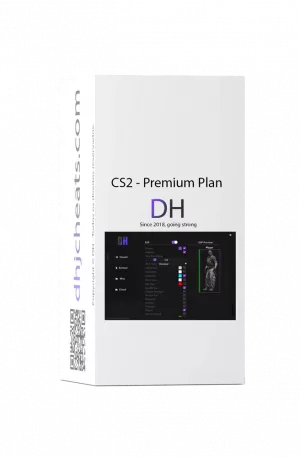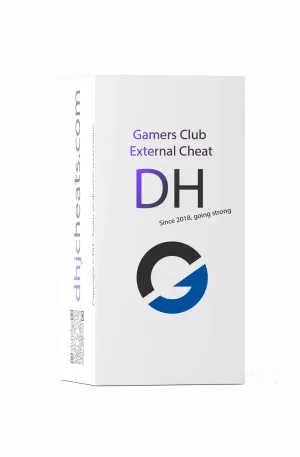Premium CS2 Cheats & Free CS2 Hacks
CS2 Cheats gratuito e CS2 Premium
Nossos cheats para Counter-Strike 2 incluem diversas funcionalidades, Wallhack, ESP, Triggerbot, aimbot e muito mais. Também disponibilizamos um cheat gratuito para CS2, permitindo que você experimente todas as funções antes de optar pela nossa versão premium com ainda mais recursos avançados.

Wallhack para CS2
Enxergue seus inimigos através das paredes!
Oferecemos vários recursos visuais, como Wallhack, ESP e outros visuais para Counter-Strike 2. Você tem a liberdade de personalizar cada visual e alterar as cores. O CS2 wallhack é uma ferramenta potente, então use-a com cuidado.
Aimbot para CS2
Com nosso aimbot para CS2, você será o destaque do seu time e dominará cada partida!
Nosso CS2 Aimbot combina precisão e segurança, garantindo que você mantenha o controle total em qualquer situação. Além de ser fácil de usar, ele é desenvolvido com tecnologia avançada para permanecer indetectável, oferecendo tranquilidade e uma experiência de jogo superior.


Webradar para CS2
Compartilhe o ESP com seus amigos!
Agora você pode aproveitar ao máximo o jogo compartilhando o WebRadar com seus amigos. Nosso Cheat CS2 Premium inclui um WebRadar inovador e poderoso, projetado para transformar sua experiência no CS2.
Cheat Free Indetectável Para CS2 Hacks
Nosso Cheat Gratuito para CS2 é, sem dúvida, um dos melhores disponíveis atualmente. Ele inclui uma das funções mais desejadas pelo público, o famoso Wallhack, que permite visualizar os inimigos através das paredes.
Newsletter da DH
Chegada do VacNet 3.0
Na atualização de 19/08/2024, a Valve iniciou os testes do VacNet 3.0, embora não tenha fornecido muitos detalhes. “A fase inicial de testes do VacNet
O Fim De Uma Era! Goodbye CS:GO
Prezada comunidade, Queremos iniciar esta mensagem expressando nossa profunda gratidão por todos os anos incríveis que compartilhamos juntos através do nosso Cheat para CS:GO. Chegou


